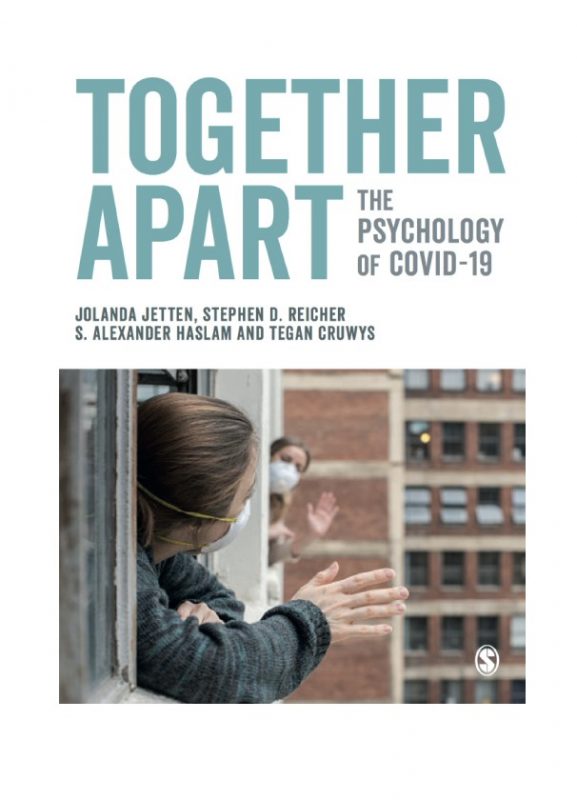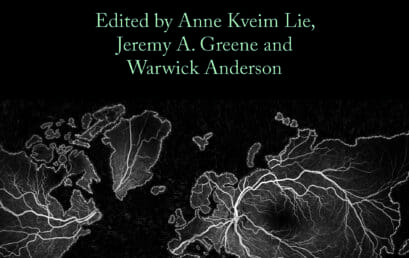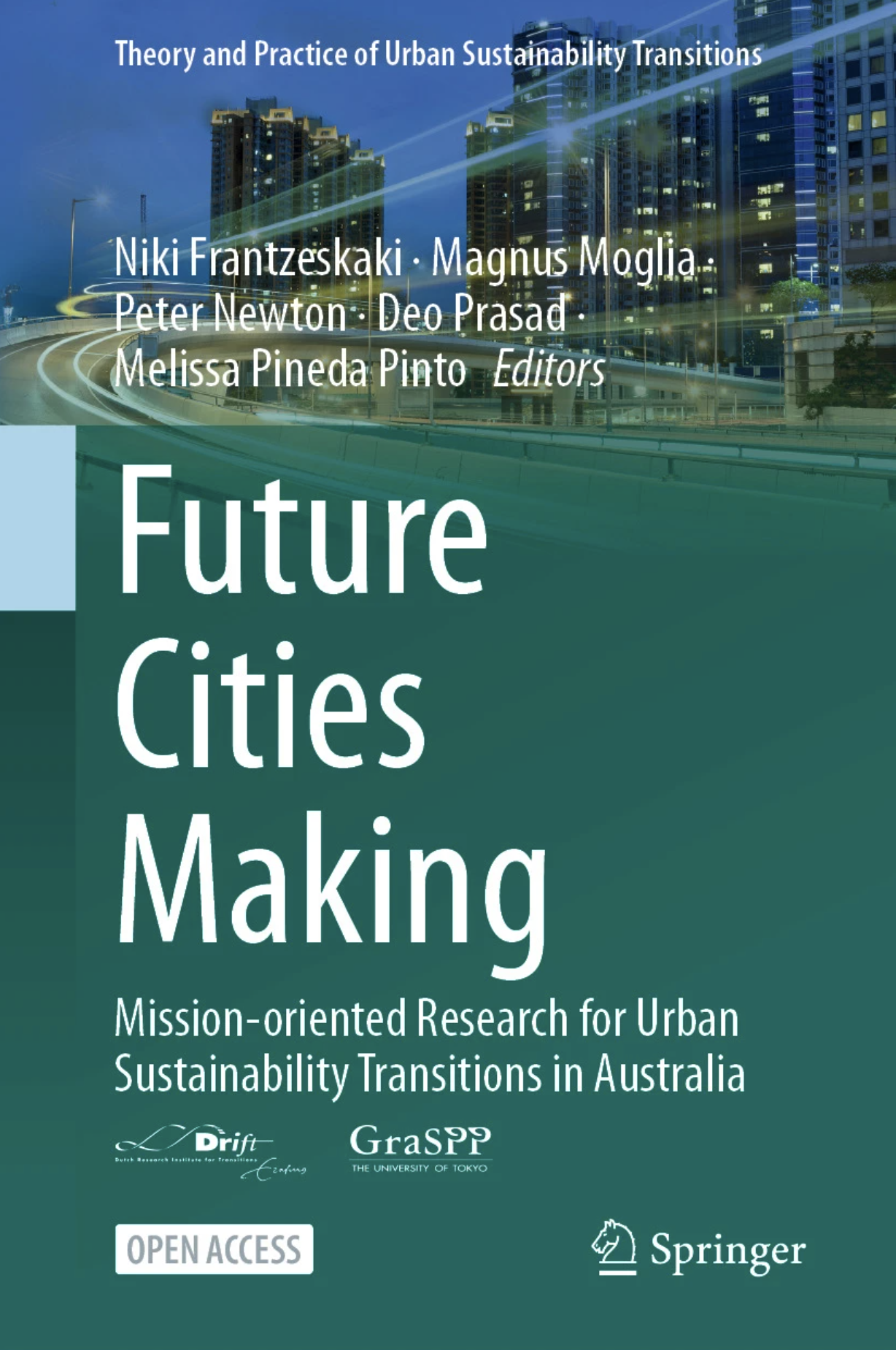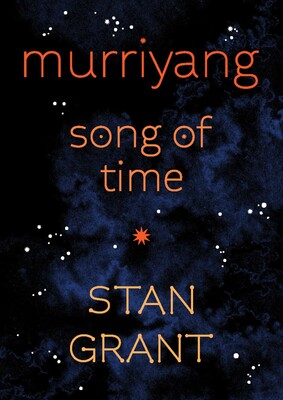By Jolanda Jetten, Stephen D. Reicher, S. Alexander Haslam & Tegan Cruwys
Social Science Space, an imprint of SAGE Publishing
COVID-19 has disrupted almost every aspect of our society in early-2020, and in doing so has affected almost every person on the planet.
As governments scramble to deal with the health, social and economic fallout the over-riding message has been clear:  everyone is responsible for controlling the spread of COVID-19 and protecting the vulnerable.
everyone is responsible for controlling the spread of COVID-19 and protecting the vulnerable.
This new book includes contributions from a broad range of experts who examine the psychology of social distancing: not only how to influence individual and group behaviour, but understanding what sort of psychology will help or hinders our efforts.
The aim of the book is to understand and contribute to global efforts to address COVID-19 by bringing in the most relevant insights and research from social identity theory to provide a comprehensive and integrated analysis of the psychology of COVID-19.
Uncorrected manuscript available now as a free ebook
Given the importance of the issues concerned, SAGE Publishing has made the unusual decision to make the uncorrected manuscript available for immediate download as a free e-book here (as of 26 May, 2020). The edited manuscript will be available in hard copy and as an ebook later in June.
About the Authors





